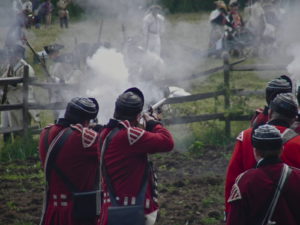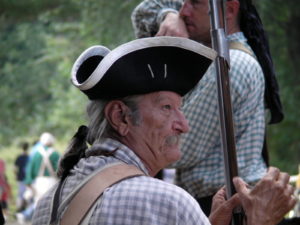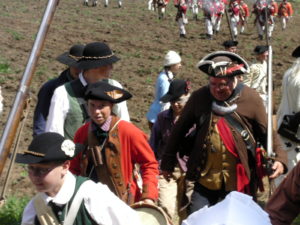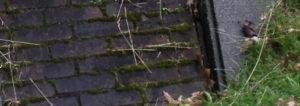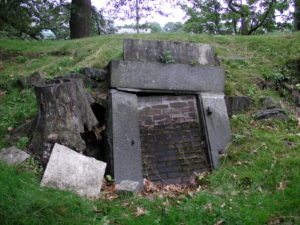I love reading about neuroscience.
I know. It’s not the thing that you admit often in public. But the truth is that I read more non-fiction than fiction, and one of my favorite things to read about are books that explore the human brain.
This is all connected to writing, of course.
I am fascinated by how Brain contains memory and imagination and emotion and the ability to walk and chew gum at the same time. I doubt that our science is even close to understanding the Great Gray Matter yet and I am looking forward to the next fifty years of bunkings and debunkings of new theories.
What does this have to do with WFMAD? Not a lot, except that the Eagles are playing the Jaguars on Friday night. This means it’s time for us to get our cable hooked up again.
We have cable TV for two reasons: NFL football and college basketball. We turn off the cable from the end of March Madness to the beginning of NFL pre-season in mid-August. Why? We find it gives time for the things that we really care about; reading, family time, running, camping, and working in the garden. We have many avenues to get news information. If there is a show or documentary that we are interested in, we can always watch it on Hulu or some other such thing. What we avoid is that time suck that happens when you turn on the TV ( you know, just to see what’s on) and two hours later you find yourself drooling in the corner of the couch, surrounded by potato chip crumbs, your thumb compulsively clicking channels.
We have one television in our house and it is down in the basement, so that when TV season is upon us, it takes effort and mindfulness to go all the way down there and turn the darn thing on. This also removes the mind-numbing habit that many people have of leaving the television on for background noise. During football and basketball season we make a habit of watching the games we are excited about. We also try to remain mindful about not fall into the trap of turning it on just because it is there.
Should you kick your TV to the curb? I don’t know… should you? People are often shocked when they find out that I’ve written eight novels, three picture books, a young readers series and spent way more than a thousand days traveling in the past twelve years. I think a lot of that was accomplished because I don’t spend much time watching TV. On the other hand, I know some people work well with a TV muttering in the corner. I guess the trick is to be clear about which of your habits support your artistic dream and which ones interfere with it.
Ready…
“Making, unmaking, remaking, and transforming herself; that is the job of a writer.” Joyce Carol Oates.
Set… turn off the TV, phone, and the other devices that get in the way of your creativity.
Today’s prompt: you get a choice today.
1) If you have a Work In Progress, interview one of the secondary characters about the main character. Be open to allowing the secondary character to go off on a rant and tell you things you didn’t know before.
2) If you don’t have a WIP, write a scene about a kid trying to learn how to ride a bicycle. Alone. You can choose to write from the perspective of the kid, or an adult who is watching the scene.
Scribble…Scribble…Scribble!!!

